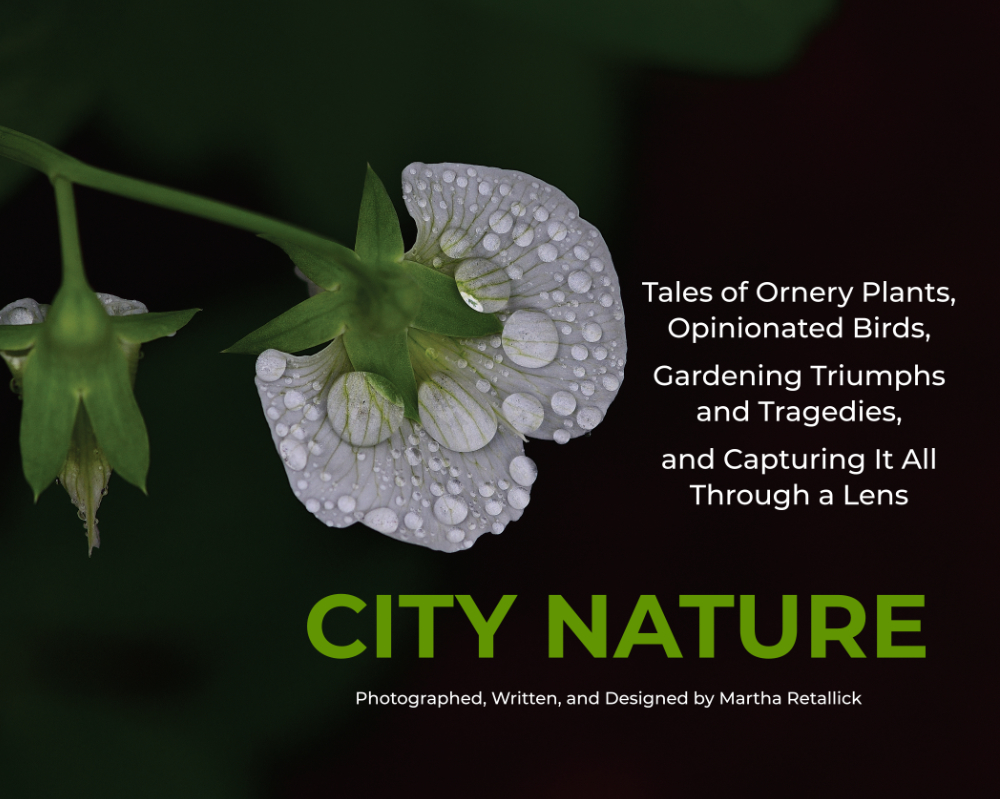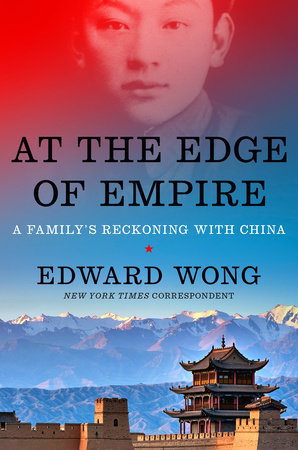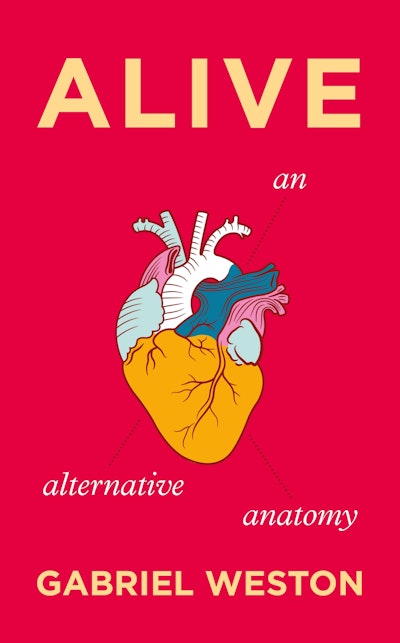 The best moments come from the struggle against solitude; with Retallick, it’s the trials-and-errors of learning to “think like water” with her co-op in a drought-filled era, of upcycling a gifted chandelier into a vine climbing gym and a sun-shaking pendant collage. Not the “much more” of products, but the “much more” of the lived-in; we are nature too. The struggle against solitude is the discovery of home, and it glints like pendants.
The best moments come from the struggle against solitude; with Retallick, it’s the trials-and-errors of learning to “think like water” with her co-op in a drought-filled era, of upcycling a gifted chandelier into a vine climbing gym and a sun-shaking pendant collage. Not the “much more” of products, but the “much more” of the lived-in; we are nature too. The struggle against solitude is the discovery of home, and it glints like pendants.
Tag: nonfiction
A review of Age Like a Yogi by Victoria Moran
 Passionate about her subjects, her inspired writing makes for inspiring and effortless reading. In her radio shows, podcasts, and videos about other subjects, you get the feeling that she’s speaking directly to you. Similarly, her conversational writing style can make you feel like she’s writing directly to you.
Passionate about her subjects, her inspired writing makes for inspiring and effortless reading. In her radio shows, podcasts, and videos about other subjects, you get the feeling that she’s speaking directly to you. Similarly, her conversational writing style can make you feel like she’s writing directly to you.
A review of Shattered Motherhood by Donna F. Johnson
 Not only does Donna F. Johnson bring her own years of experience to this, she also brings the vast knowledge and insight of so many others, both men and women. Written with authority and conviction and a profound understanding of the political and social implications of the situation, Shattered Motherhood is a vital contribution to the understanding of this all-too-often ignored crisis involving mothers of suicides.
Not only does Donna F. Johnson bring her own years of experience to this, she also brings the vast knowledge and insight of so many others, both men and women. Written with authority and conviction and a profound understanding of the political and social implications of the situation, Shattered Motherhood is a vital contribution to the understanding of this all-too-often ignored crisis involving mothers of suicides.
Of Loyalty to Father & Country: A review of At the Edge of Empire: A Family’s Reckoning with China Edward Wong

A review of Alive: Our Bodies and the Richness and Brevity of Existence by Gabriel Weston
 Alive takes us on a tour of the body by chapter, from bones to lungs to kidney to womb. Weston works hard to turn an anatomy tutorial into a story – or perhaps infuse a story with a bit of a tutorial. Each section provides a scientific and historical overview of the organ in question, a personal narrative of a patient, and often a journey into the role of the treating physician.
Alive takes us on a tour of the body by chapter, from bones to lungs to kidney to womb. Weston works hard to turn an anatomy tutorial into a story – or perhaps infuse a story with a bit of a tutorial. Each section provides a scientific and historical overview of the organ in question, a personal narrative of a patient, and often a journey into the role of the treating physician.
A review of Seeing through the Smoke by Peter Grinspoon, MD
 Writing in a conversational and engaging style, Peter couples solid science with personal anecdotes, and tempers cold hard facts with his informed opinions. Bibliographic endnotes document the text, yet scholarly research rarely impedes the flow of the narrative. While credentialed as an MD, Grinspoon is no stuffy pedantic academic. As an undergrad lit major and grad student in philosophy, this Medical Doctor taps into his creative inner writer.
Writing in a conversational and engaging style, Peter couples solid science with personal anecdotes, and tempers cold hard facts with his informed opinions. Bibliographic endnotes document the text, yet scholarly research rarely impedes the flow of the narrative. While credentialed as an MD, Grinspoon is no stuffy pedantic academic. As an undergrad lit major and grad student in philosophy, this Medical Doctor taps into his creative inner writer.
A review of Tremor by Sonya Voumard
 Tremor has many elements of a quest narrative. She recounts the many stages of her search to reach an acceptance of her ‘movement disorder’ by enduring social embarrassments, often feeling professionally vulnerable and overcoming her fears of being judged by others. Miraculously, Voumard’s good humour, dignity and empathy for others never waver, which results in a moving and thought-provoking memoir.
Tremor has many elements of a quest narrative. She recounts the many stages of her search to reach an acceptance of her ‘movement disorder’ by enduring social embarrassments, often feeling professionally vulnerable and overcoming her fears of being judged by others. Miraculously, Voumard’s good humour, dignity and empathy for others never waver, which results in a moving and thought-provoking memoir.
A review of Fall and Recovery by Joanne de Simone
 The narrative also encapsulates what it’s like to feel excluded from the community at large, calling out the societal structures in place that demean people with disabilities. Reflecting on various schools and playgrounds, De Simone observes, “We had every right to be there, but I didn’t feel like we belonged.”
The narrative also encapsulates what it’s like to feel excluded from the community at large, calling out the societal structures in place that demean people with disabilities. Reflecting on various schools and playgrounds, De Simone observes, “We had every right to be there, but I didn’t feel like we belonged.”
A review of A Review of The Never End: The Other Orwell, the Cold War, the CIA, MI6, and the origin of Animal Farm by John Reed
 Once upon a time, authors’ lives were separate from their works. Readers took the written work from the page. Today, that is not the case. Life and art are inextricably entwined for public consumption. Often, I question the wisdom of this, but in Orwell’s case, it’s valid. Animal Farm is political, and it is reasonable to explore Orwell’s life in order to see the novel in context.
Once upon a time, authors’ lives were separate from their works. Readers took the written work from the page. Today, that is not the case. Life and art are inextricably entwined for public consumption. Often, I question the wisdom of this, but in Orwell’s case, it’s valid. Animal Farm is political, and it is reasonable to explore Orwell’s life in order to see the novel in context.
A Review of Penultimates: The Now & the Not-Yet by Thomas Farber
 Farber rarely lets the reader take a breath through the entire collection. Whether he’s starting his explorations with “Re William Blake (1757-1827)” or “Neighbors” or “School Days,” there’s every chance he’ll segue to another seemingly unrelated topic, although he generally connects them in the end.
Farber rarely lets the reader take a breath through the entire collection. Whether he’s starting his explorations with “Re William Blake (1757-1827)” or “Neighbors” or “School Days,” there’s every chance he’ll segue to another seemingly unrelated topic, although he generally connects them in the end.